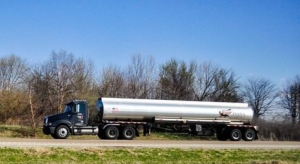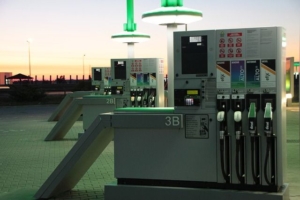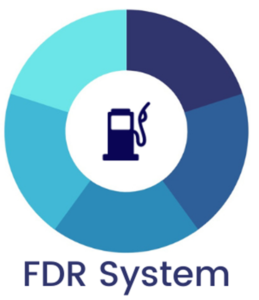THE CUSTOMER
Our customers are mainly in the B2B sector, i.e. wholesale distribution companies, with products related to the sale and distribution of fuel tanks, maintenance tools, container cleaning products and even suppliers to the marine or industrial sector.
Also in sectors where companies make maintenance decisions with their own equipment or externally for corporations or sub-lessors, such as oil companies or service stations. Our technology can be adapted to different types of products depending on the sector and particularity.
 The needs vary whether they are for a company that cleans fuel tanks on yachts or for a carbide transport company that manages a fleet of trucks.
The needs vary whether they are for a company that cleans fuel tanks on yachts or for a carbide transport company that manages a fleet of trucks.
It is therefore aimed at two segments. On the one hand, private companies, ship owners, oil companies, any person or company that owns a fuel tank in a wet location.
On the other hand, from a process of industrialisation of the system developed by our patent, we can design different types of machines depending on the sector and the operation required.
 Thus, some of our target groups are:
Thus, some of our target groups are:
- Companies already active in dealing with the problem, such as biocide manufacturers.
- Distribution companies with open channels with compatible products, such as filter manufacturers.
- Fuel chain developers serving oil companies or service stations.
- Manufacturers who also offer technical advice to maintenance professionals.
Because we have a product with a good gross margin, which is innovative and offers a practical and economical solution to the market, distributors are of particular interest, as they know their customers' needs perfectly. Thanks to their extensive knowledge of the sector, they allow this product to be introduced in a simple and personalised way in the different markets, among which the following stand out:
- Shipbuilding industry, pleasure boats, ferries and cargo ships: Ship tanks have medium-term problems with water accumulation on the bottom.
- Service stations (SDS). The tanks accumulate moisture at the bottom of the tank and consequently water, which generates biological contamination.
- Companies involved in fuel storage, transport and distribution. Biological contamination causes serious and costly damage to fuel storage tanks and infrastructure.
- Automotive. Vehicles that are driven in areas with high humidity suffer from this problem, especially if they are left unused for a long period of time.
- Manufacturers. These are companies that design, develop products and carry out fuel cleaning procedures.
- Service companies. They carry out traditional or mechanical installations and maintenance on fuel containers.
- Users. End-use customers who use or store fuel.
